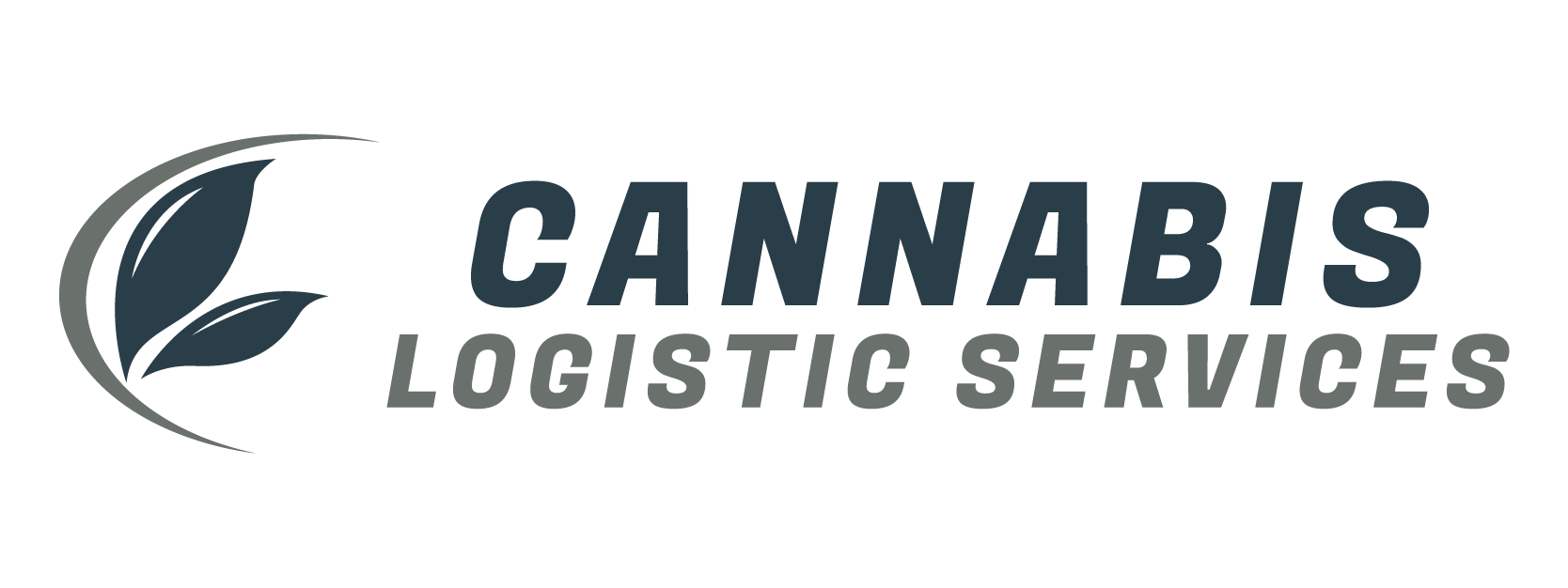As the cannabis industry continues its rapid expansion, the complexity of its logistics ecosystem has grown in tandem. From seed-to-sale compliance tracking to on-demand delivery coordination, cannabis businesses face logistical challenges that demand precision, speed, and adaptability. Artificial intelligence (AI) and machine learning (ML) are increasingly at the forefront of solutions addressing these challenges, enabling operators to streamline operations, enhance compliance, and predict market demand with greater accuracy.
Inventory Forecasting and Demand Planning
One of the most valuable contributions of AI and ML to cannabis logistics lies in predictive analytics. Machine learning algorithms can process vast datasets—including past sales trends, consumer behavior, seasonal fluctuations, and promotional impacts—to forecast demand for specific products. This capability is essential in a highly regulated industry where overproduction can lead to waste and underproduction may lead to missed revenue.
Companies like Dutchie and Flowhub are incorporating these technologies into their inventory management platforms, helping dispensaries and distribution centers maintain optimal stock levels. These systems reduce inventory shrinkage, avoid overstocking, and improve overall operational efficiency.
Route Optimization for Delivery
With the rise of cannabis e-commerce and home delivery, route planning has become a key logistical hurdle. AI-driven platforms such as Onfleet and Cannveya integrate real-time traffic data, order volume, and delivery time windows to optimize driver routes. This not only saves on fuel and labor costs but also ensures faster, more reliable customer service.
Machine learning further refines routing algorithms over time by analyzing performance metrics like delivery time deviations and customer feedback. In states where delivery compliance is tightly regulated, such systems help drivers stay within designated areas and log stops automatically, reducing compliance risks.
Compliance Automation
Cannabis logistics are subject to strict regulatory oversight, with requirements varying by state and jurisdiction. AI tools can monitor and ensure compliance by automating reporting, flagging anomalies, and maintaining digital audit trails. For example, Metrc—a leading track-and-trace system—integrates AI functionalities to detect discrepancies in transportation manifests, helping prevent diversion and ensuring transparency throughout the supply chain.
Moreover, machine learning can be employed to detect unusual patterns in sales or delivery data that might indicate fraud, theft, or non-compliance. This proactive approach to risk management is becoming essential as regulatory scrutiny intensifies.
Real-Time Data Integration
Another major advantage of AI is its ability to synthesize data from disparate sources—ERP systems, POS software, vehicle telematics, and state compliance systems—into a unified dashboard. This visibility allows logistics managers to make informed, real-time decisions. Cannabis tech firms such as Simplifya and BioTrack harness AI to create actionable insights from complex data sets, helping operators manage inventory flow, transportation timelines, and customer satisfaction.
Future Outlook
As AI models become more sophisticated, they will likely play a larger role in predictive logistics, including weather-based route adjustments, automated driver dispatching, and dynamic pricing models based on consumer demand. Integration with IoT devices, such as GPS tags and cold-chain sensors, will further enable real-time monitoring of cannabis shipments, ensuring quality and compliance from warehouse to consumer.
In an industry where every gram must be accounted for, AI and machine learning offer a scalable, intelligent approach to logistics—enhancing both regulatory compliance and operational agility.
